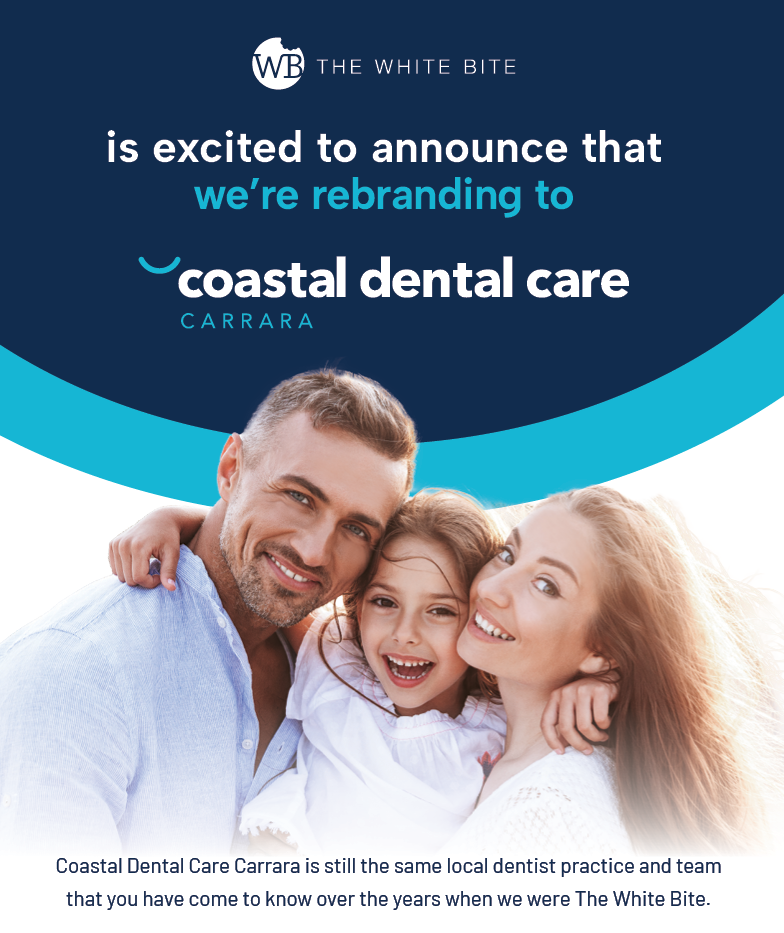July 21, 2021
As dentists we are frequently asked about what the best toothbrush is to use, soft bristled or hard bristled? A common misconception is that a hard bristled brush is better.
It might seem counter-intuitive, but using a soft bristled toothbrush when cleaning your teeth is better than brushing with a medium or hard toothbrush. A soft brush gives a gentler clean, removes more plaque and leads to less irritation of the gums.
Of course it’s also about how you use it!
Even a soft brush with an aggressive brushing technique can lead to damage. We always recommend very gently brushing your teeth. It doesn’t require much force or pressure at all to remove the soft plaque which accumulates on your teeth. Scrubbing harder than necessary actually leads to abrasion of the enamel and sensitivity and damage to your gums.
Our team has outlined 3 reasons why you may want to consider using a soft bristled toothbrush and how long you should brush your teeth for.
3 reasons why you should use a soft bristled toothbrush
1. Brushing softly might be more effective than brushing hard
If you use a soft bristled toothbrush, they are more flexible than a hard bristled brush which makes it great for covering your entire tooth. Compared to hard bristled brushes, soft brushes have more bristles and are thinner which allows them to remove more plaque from the surface of your tooth.
2. Gently brushing your teeth may not hurt and keeps your mouth fresh
For some people using a hard bristled brush, you may not clean the edges around your gum because it may hurt or irritate you when you do it. Using a soft brush, it may assist you to feel more inclined to clean the areas due to its gentle touch.
More importantly, these are the areas where bacteria develop in your mouth which can lead to:
- Inflammation of your gum
- Bad breath
- Eventual tooth loss
Therefore, by using a soft brush you can entice yourself to clean the area where your gum meets your tooth more often.
3. Protects your gums
Research suggests that brushing your teeth too hard with hard bristled brushes may cause trauma to your gums (1) if you are not careful. Excessively brushing with a hard brush may lead to a receding gumline over time and could increase sensitivity within this area.
If you do insist upon a hard bristled brush, we recommend you brush slowly and carefully to prevent damaging your gums.
How long should you brush your teeth for?
It is recommended that you should brush your teeth for 2 minutes to provide yourself with a thorough clean. During this time, you should make sure to brush every tooth and gently tilt your brush at a 45 degree angle when brushing your gums to help remove any bacteria lurking between the neck of your teeth and gums.
Brushing twice a day is essential to maintain good oral health, as well as flossing once per day. Depending on your case, you may also wish to incorporate a mouthwash into your daily routine. You should consult with your dentist on ways to further enhance your oral health.
Bamboo Toothbrushes Gold Coast
If you would like to learn more about how to brush your teeth more effectively, our experienced dentists and oral health therapists will be able to teach or educate you during your next check-up & clean.
We also have our very own Coastal Dental Care Bamboo Toothbrushes which are 100% biodegradable and are fitted with soft bristles. If you would like to try one out, they are an eco-friendly alternative to a traditional brush and are available at all our practices.
For more information or to book an appointment, contact our friendly staff today. Alternatively, you can book an appointment online 24/7.
References
- Zimmer, S., Öztürk, M., Barthel, C. R., Bizhang, M., & Jordan, R. A. (2011). Cleaning efficacy and soft tissue trauma after use of manual toothbrushes with different bristle stiffness. Journal of periodontology, 82(2), 267-271. Retrieved From: https://aap.onlinelibrary.wiley.com/doi/full/10.1902/jop.2010.100328 PDF


